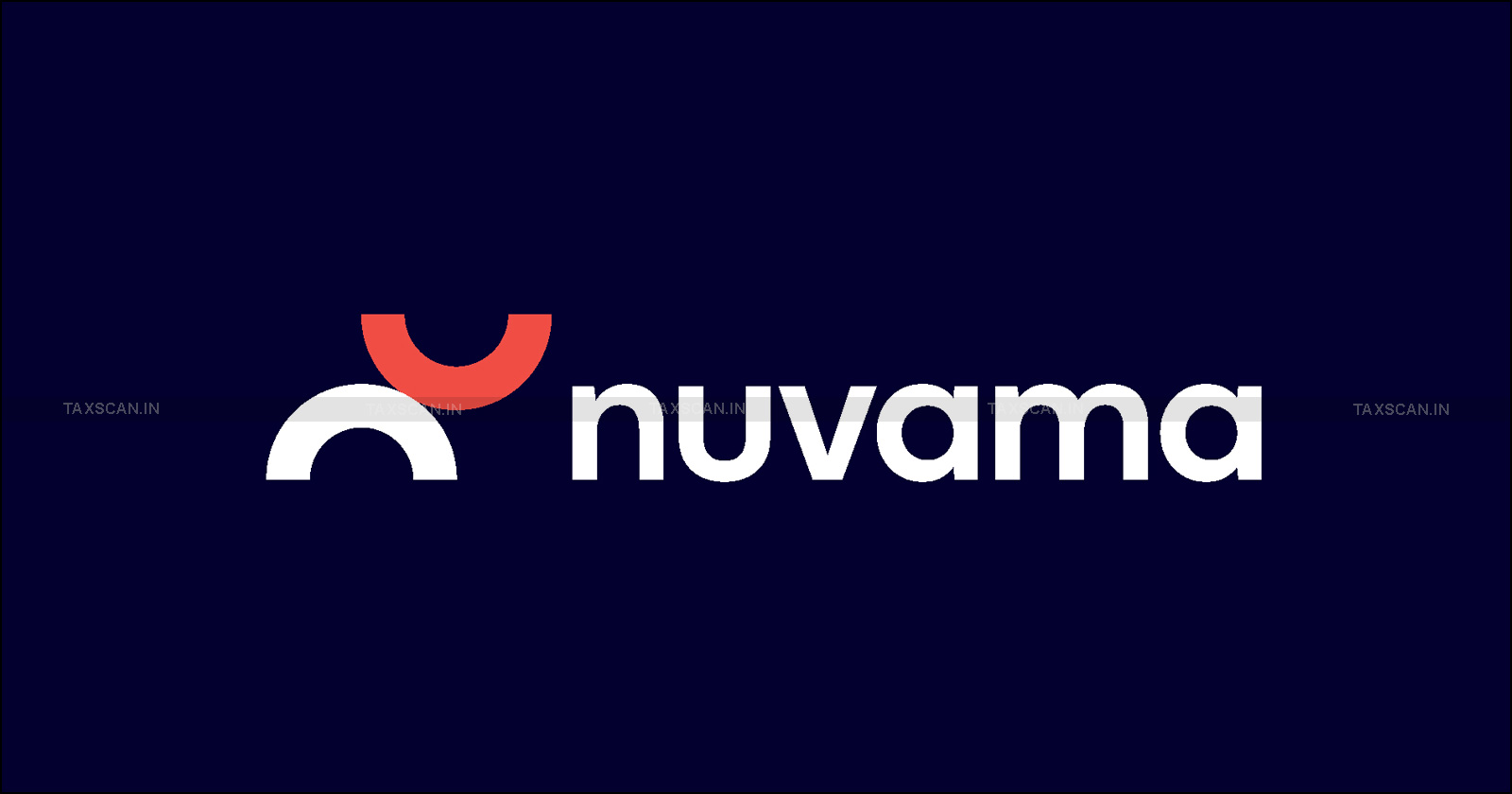Unabated Assessment and Lack of Incriminating Material in Search: ITAT Deletes Benami Addition [Read Order]
The Tribunal held that since the assessment for the relevant year was unabated on the date of the search, the addition was invalid as it was not based on any incriminating material unearthed during the search operation.
![Unabated Assessment and Lack of Incriminating Material in Search: ITAT Deletes Benami Addition [Read Order] Unabated Assessment and Lack of Incriminating Material in Search: ITAT Deletes Benami Addition [Read Order]](https://images.taxscan.in/h-upload/2025/11/15/2105379-incriminating-material-taxscan.webp)
The Jaipur Bench of the Income Tax Appellate Tribunal (ITAT) deleted the addition of ₹4,20,000 made on account of an alleged Benami investment noting the unabated assessment and lack of incriminating material.
Sunil Kumar Agarwal (assessee), an individual engaged in the business of precious and semi-precious stones. The addition was initiated by the Assessing Officer (AO) following a search operation under Section 132 of the Income Tax Act.
During the search, the original sale deed of an agricultural land, purchased in the name of Nanda Ram Meena (an employee/associate), was found in the custody of the assessee's family members. The AO concluded that the land, purchased for ₹4,20,000, was a Benami asset of the assessee and added the entire investment as unexplained income for A.Y. 2015-16.
Master the Latest Amendments in Income Tax Act Click here
 Also Read:ESOP Cost Rightly Allowed as Business Expenditure: ITAT Sets Aside PCIT Order against Nuvama Wealth after Finding Proper AO Inquiry [Read Order]
Also Read:ESOP Cost Rightly Allowed as Business Expenditure: ITAT Sets Aside PCIT Order against Nuvama Wealth after Finding Proper AO Inquiry [Read Order]
Aggrieved by the AO’s order, the assessee filed an appeal before the commissioner of Income Tax (appeals) [CIT(A)]. The CIT(A) upheld the addition made by the AO. Aggrieved by the CIT(A)’s order, the assessee filed an appeal before the ITAT.
The assessee argued that the assessment for A.Y. 2015-16 was already completed (finalised) on the date of the search and was not pending (unabated). The assessee contended that the sale deed was a registered public document and could not be considered "incriminating material" found during the search, a prerequisite for making additions in unabated assessments.
The assessee argued that the AO relied heavily on the statement of Shri Nanda Ram Meena to establish the Benami nature, but denied the assessee the opportunity to cross-examine him.
The two-member bench comprising Dr. S. Seethalakshmi (Judicial Member) and Rathod Kamlesh Jayantbhai (Accountant Member) cited the landmark Supreme Court decision in the case of PCIT Vs. Abhisar Buildwell (P.) Ltd.
The Tribunal observed that in case no incriminating material is unearthed during the search, the AO cannot assess or reassess taking into consideration the other material in respect of completed assessments/unabated assessments.
Understanding Common Mode of Tax Evasion with Practical Scenarios, Click Here
The Tribunal found that the document relied upon the registered sale deed was a public document whose particulars were arguably already available to the Department through public records or previous scrutiny.
The Tribunal ruled that relying on such a document to disturb a completed assessment was invalid. The Tribunal also noted that the addition was being challenged on merits and other procedural issues such as denial of cross-examination, but since the assessment itself was found to be beyond the scope of Section 153A, the entire addition was quashed.
 Also Read:Capital Market Transactions through Banking Channels Accepted as Genuine: ITAT Deletes Additions on Share Transactions under Income Tax Act
Also Read:Capital Market Transactions through Banking Channels Accepted as Genuine: ITAT Deletes Additions on Share Transactions under Income Tax Act
The Tribunal concluded that the assessment, being framed without the requisite incriminating material, was bad in law and deserves to be quashed. The tribunal deleted the addition of ₹4,20,000. In the result, the appeal of the assessee was allowed.
Support our journalism by subscribing to Taxscanpremium. Follow us on Telegram for quick updates


